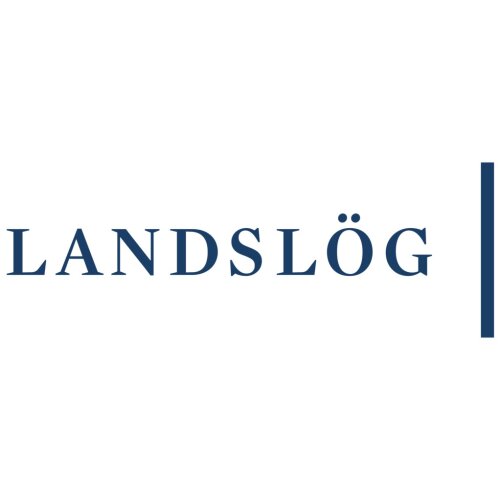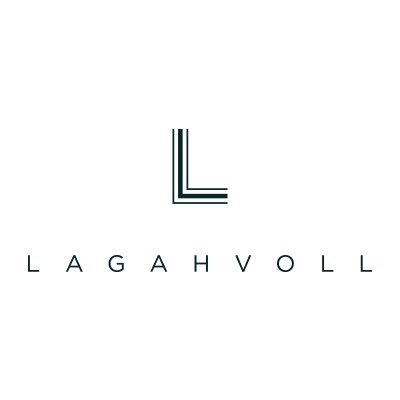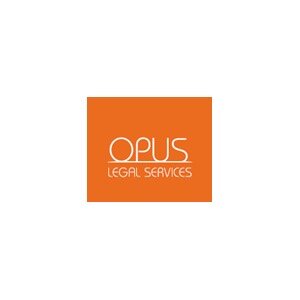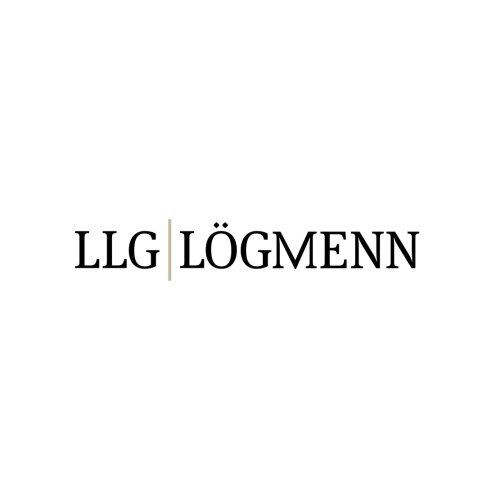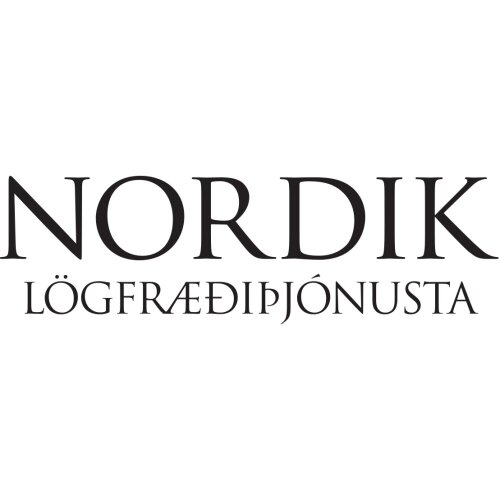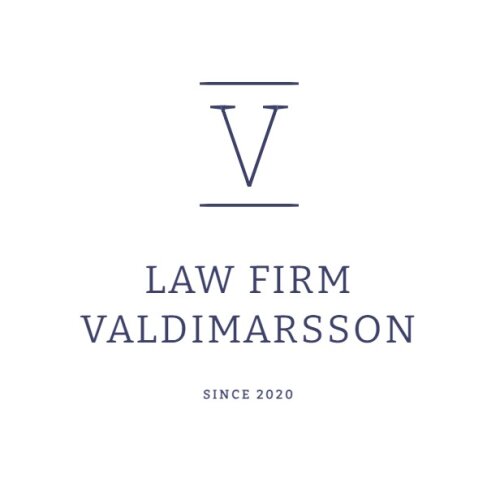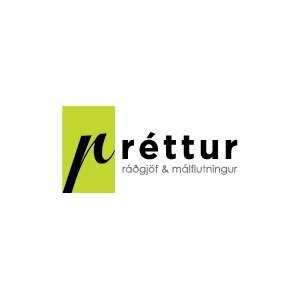Best Sanctions & Export Controls Lawyers in Iceland
Share your needs with us, get contacted by law firms.
Free. Takes 2 min.
Or refine your search by selecting a city:
List of the best lawyers in Iceland
About Sanctions & Export Controls Law in Iceland
Sanctions and export controls law in Iceland governs the movement of goods, services, technology, and funds across Icelandic borders in compliance with national and international obligations. While Iceland is not a member of the European Union, it is a part of the European Economic Area (EEA) and often aligns with EU regulations, especially concerning sanctions regimes. Iceland implements international sanctions imposed by organizations such as the United Nations Security Council, as well as autonomous national or EU-imposed sanctions. Export controls apply to sensitive goods, such as military or dual-use items, to prevent their use in undesirable circumstances or regions.
Why You May Need a Lawyer
Legal advice in the area of sanctions and export controls in Iceland can be essential for both individuals and businesses. You may need a lawyer if you are:
- Exporting goods, technology, or services that might be subject to restrictions or controls
- Engaged in international trade with countries or entities under Icelandic or international sanctions
- An Icelandic business expanding to new markets, especially in sensitive regions
- Faced with a situation where your assets have been frozen due to sanctions
- Unsure of how to comply with evolving international sanctions and export control lists
- Dealing with law enforcement or customs investigations relating to exports or sanctions compliance
- Pursuing licenses or exemptions to export restricted items
- Affected by denied transactions or stopped shipments at the border
- A financial institution needing to ensure sanctions compliance in international banking or financing
- At risk of administrative fines or criminal liability for alleged violations
Early legal guidance can help prevent costly mistakes, clarify your obligations, and protect your interests in complex regulatory environments.
Local Laws Overview
Iceland's legal framework for sanctions and export controls is primarily anchored in its obligations as a member of the United Nations and its participation in the EEA agreement. While Iceland is not part of the EU, it often mirrors EU restrictive measures, and national laws are enacted to give effect to international decisions. Key aspects include:
- United Nations Sanctions: Iceland is bound by UN Security Council resolutions related to sanctions against countries, organizations, or individuals. These are implemented into Icelandic law by government regulation.
- Autonomous and EU-linked Sanctions: As a member of the EEA, Iceland adopts certain EU policies, including those on sanctions and restrictive measures, particularly where there is alignment in foreign policy.
- Export Control Laws: The Icelandic government regulates the export of goods, especially military items and dual-use technologies, to prevent proliferation and enhanced security. Exporters must seek licenses for controlled items.
- Asset Freezes and Financial Measures: Iceland enforces the freezing of assets related to targeted individuals, companies, or countries, and restricts financial and economic transactions as required by sanctions regulations.
- Penalties: Violations of sanctions and export controls can result in administrative penalties, fines, and in some cases, criminal proceedings.
- Governmental Oversight: The Ministry for Foreign Affairs generally oversees sanctions policies, while customs authorities monitor compliance at borders.
It is crucial to verify the current status of sanctions or controls before engaging in any activity that may be covered by these laws, as measures can change frequently.
Frequently Asked Questions
What are sanctions and export controls?
Sanctions are legal restrictions imposed on countries, groups, or individuals, often for political or security reasons. Export controls are laws that regulate the export of certain goods, technology, or services, especially items that can be used for military or dual-use purposes.
How are international sanctions implemented in Iceland?
Sanctions agreed upon by international organizations, such as the United Nations, are incorporated into Icelandic law through government regulations. The Ministry for Foreign Affairs typically oversees the process.
Does Iceland follow EU sanctions?
Although not an EU member, Iceland regularly aligns with EU sanctions policies under the EEA framework, but each measure must be implemented specifically under Icelandic law.
Who enforces export controls in Iceland?
Export controls are enforced by relevant government ministries, with customs authorities monitoring compliance at Icelandic borders.
Do I need a license to export goods from Iceland?
If you are exporting goods or technology classified as controlled, such as military or dual-use items, you will need an export license from the appropriate Icelandic authority.
What happens if I violate sanctions or export controls?
Breaching sanctions or export controls can result in fines, confiscation of goods, frozen assets, or criminal charges, depending on the severity and intent of the violation.
Are there exceptions to sanctions or export controls?
Certain exceptions or exemptions may be available, for example, for humanitarian purposes. These usually require an application and a government-issued license.
How can I find out if a transaction is sanctioned?
You can consult official government lists and publications from the Ministry for Foreign Affairs or seek legal advice to ensure compliance before proceeding with a transaction.
Can financial transactions be affected by sanctions?
Yes, financial institutions in Iceland are required to comply with sanctions, including freezing assets and reporting suspicious transactions relating to designated persons or entities.
What should I do if my shipment is detained at the border?
If your exports are stopped or detained due to suspected sanctions or export control issues, contact a qualified lawyer immediately for guidance on compliance and possible appeals.
Additional Resources
For more information or assistance on sanctions and export controls in Iceland, consider reaching out to:
- Ministry for Foreign Affairs - Oversees foreign policy and the implementation of international sanctions
- Directorate of Customs - Handles customs enforcement and the control of goods at Icelandic borders
- Icelandic Chamber of Commerce - Provides information and resources for businesses engaged in international trade
- Icelandic Bar Association - Can assist in finding a lawyer with relevant experience
- Official government gazettes and bulletins - For updates on current regulations, sanctions, or controlled goods lists
Next Steps
If you need legal assistance in the area of sanctions and export controls in Iceland, consider the following actions:
- Gather all relevant documents about your proposed transaction or business activity
- Identify whether your goods, services, or counterparties are subject to specific regulations or sanctions
- Contact a legal professional experienced in international trade or regulatory compliance
- Verify current applicable laws and any recent changes via official government sources or industry groups
- Consult with the Directorate of Customs or Ministry for Foreign Affairs for preliminary guidance
- Stay updated on ongoing changes to sanctions regimes and export control requirements
Obtaining expert legal advice early can help you navigate the complexities of sanctions and export controls, minimize risks, and ensure compliance with local and international regulations.
Lawzana helps you find the best lawyers and law firms in Iceland through a curated and pre-screened list of qualified legal professionals. Our platform offers rankings and detailed profiles of attorneys and law firms, allowing you to compare based on practice areas, including Sanctions & Export Controls, experience, and client feedback.
Each profile includes a description of the firm's areas of practice, client reviews, team members and partners, year of establishment, spoken languages, office locations, contact information, social media presence, and any published articles or resources. Most firms on our platform speak English and are experienced in both local and international legal matters.
Get a quote from top-rated law firms in Iceland — quickly, securely, and without unnecessary hassle.
Disclaimer:
The information provided on this page is for general informational purposes only and does not constitute legal advice. While we strive to ensure the accuracy and relevance of the content, legal information may change over time, and interpretations of the law can vary. You should always consult with a qualified legal professional for advice specific to your situation.
We disclaim all liability for actions taken or not taken based on the content of this page. If you believe any information is incorrect or outdated, please contact us, and we will review and update it where appropriate.
Browse sanctions & export controls law firms by city in Iceland
Refine your search by selecting a city.




